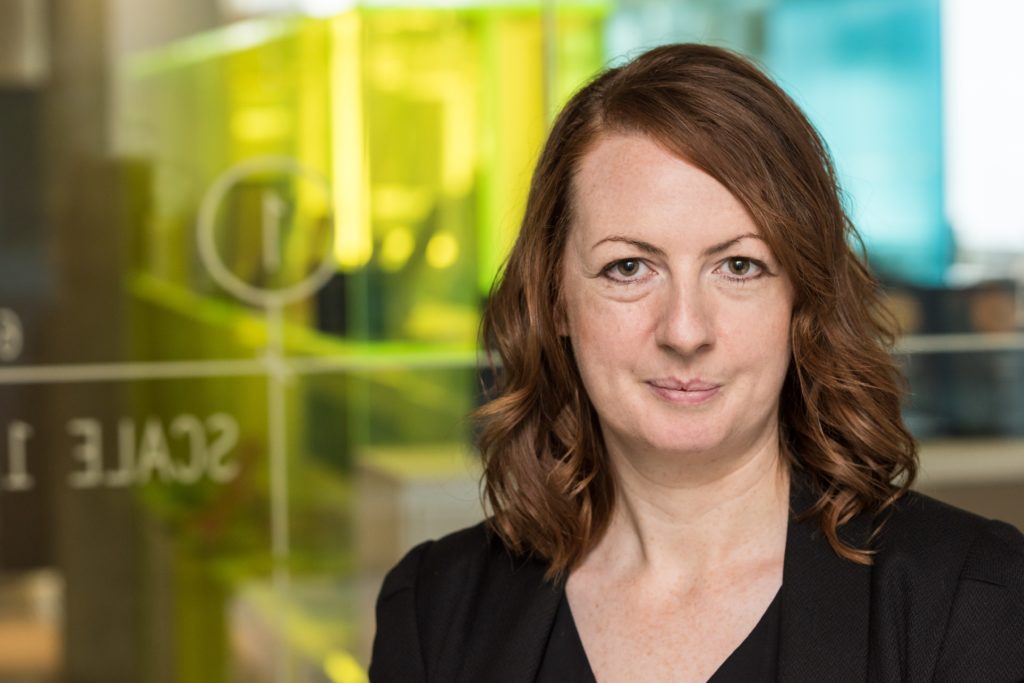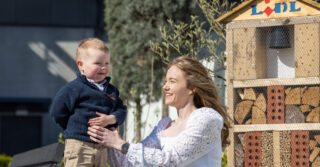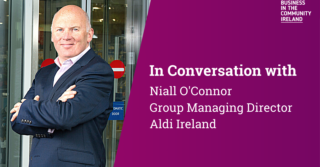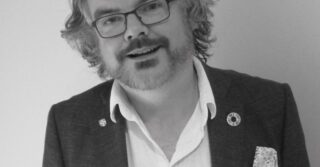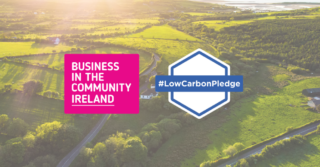In Conversation with Paula Kirk Director, Energy Cities and Climate Change at ARUP
Every month we get to know more about the leaders driving the sustainability agenda in Ireland. This month we are delighted to introduce you to Paula Kirk Director, Energy Cities and Climate Change at ARUP. Read about her career journey into sustainability.
Please describe your role and responsibilities and how many years you have been in the company
I lead Arup’s climate change and resilience consultancy, so my work focuses on developing low carbon, climate, resilience and sustainability strategies on a local, city and international scale. I started working in Arup’s London office in 2007 and transferred to Dublin at the beginning of this year. As part of my work with the C40 Cities Climate Leadership Group, I work with city governments globally to identify and deliver practical climate action and reduce carbon emissions. There are 92 C40 Cities, including 18 in Europe, where Mayors are actively working to reduce the impacts of climate change and carbon emissions.
What was your background previously? How did you enter the CSR/sustainability field?
During the nineties, I completed my degree in Environmental Science at the University of Ulster. As part of my degree, I spent a year abroad at the Rijksuniversiteit Groningen in the Netherlands. Getting to see how sustainability issues were integrated into the normal way of life really struck me. In Holland, recycling was the norm and the amount of people who travelled by bike rather than using motorised transport was astonishing – very different to what I was used to in Ireland at the time. I wrote my dissertation on the differences in policy between the UK, Ireland and the Netherlands. This shaped my career direction as I was intrigued by the power of policy to help shape different lifestyle choices and environments so that people can live in a more sustainable way.
Before joining Arup, I led the Mayor’s London Energy Partnership, bringing together industry partners to deliver low carbon solutions and shaping government policy to drive that change. Prior to this, I worked for a number of local authorities, including Leicester, Britain’s first ‘Environment City’ where I carried out home energy surveys and solar panel assessments, giving me a practical insight into the technologies and how they apply in homes.
How has the sustainability/CSR programme evolved in Arup?
Since the Paris Climate Agreement in 2015, our sustainability programme has evolved to help us tackle the challenges we face in today’s world, such as climate change, a growing population and increasing urbanisation. Through our commitment to the UN Sustainable Development Goals (SDGs), we are embedding sustainable development across all of our projects. We are, of course, doing all we can at the corporate level on sustainability, but we strongly believe we can effect much greater change through our project work with clients. Since the company was founded by Sir Ove Arup in 1946, we have instilled the importance of ensuring that every project has a sense of environmental and social purpose, so our sustainability programme is not about starting from scratch, but rather adapting the ways we work to ensure that we are always focused on sustainable outcomes.
Thinking about the impacts of our designs has helped everyone at Arup to understand the role we all play in sustainable development. From the outset, we always try to identify the most sustainable design, e.g. ensuring resource efficiency by minimising building materials required or working with developers to change the way they are designing and building to be more cognisant of the overall carbon impact.
What are the challenges you encounter in driving the sustainability agenda and how do you stay inspired?
The main challenge in driving the sustainability agenda is that, although people want to live in a more sustainable world, it can be difficult for people to make the necessary changes. It can feel overwhelming when faced with the need to change our behaviours and people find it hard to know where to start.
In order to prevent global warming exceeding 1.5°C, we are all responsible for making changes in our daily lives and in our professional lives. Understanding why people are resisting change is important as, without change at the individual level, it is impossible to have system or corporate level change – every corporate is run by individuals – some are just more agreeable than others to this agenda. Motivating individuals to change their behaviours is a challenge we encounter but it is an important element of achieving sustainability goals.
Personally, I stay inspired by seeing leadership who are seriously committed to the agenda. From initiatives like the C40, where busy city mayors are prioritising taking action against climate change, to working with clients like IPUT and TII who are pioneering change through their progressive thinking, it is inspiring to see leaders who are committed to people’s wellbeing and embedding sustainability in all that they do.
What is your biggest accomplishment or learning so far?
My biggest accomplishment has been in my work with the C40 on Deadline 2020. My team gathered data from the 92 cities to identify what is currently being done to keep global warming to within 1.5°C. We produced the Deadline 2020 report which details the actions each city needs to take to stay on track with meeting the Paris Agreement. As we launched the Deadline 2020 report, the US announced their intention to withdraw from the Paris Agreement. Although initially worrying, the result was that a group of US cities came together and asked us to help them figure out what they could do to get the job done. This was a significant learning moment for me, as we saw a powerful reaction with cities stepping up to strengthen their commitment to meeting the Paris Agreement.
What is your motto in life?
Be brave. If you want to effect change, it is vital that you are brave. If you’re not sure you’re being brave, be a lot braver and make sure that you take action.
What would a perfect day entail for you?
My perfect day would start with me getting to sleep past 6am without my one year old son waking me first! I love my cycle to work along the seafront and getting to spend my morning meeting with our pioneering clients to strategise innovative solutions to climate change. In the afternoon, I would work with my engineering colleagues to form what these solutions look like. Finishing off my perfect day, I would spend the evening at The Climate Cocktail Club in Dublin, hearing about the great initiatives underway (or in planning!) to solve our climate challenge.
Paula was also recently part of the panel session on transitioning to a low carbon economy at the launch of the inaugural report of the Low Carbon Pledge and you can listen back to the interview in this podcast episode.
If you have enjoyed this piece and would like to know more sustainability professionals and stay inspired visit the Leadership section of our website.
Tags:
